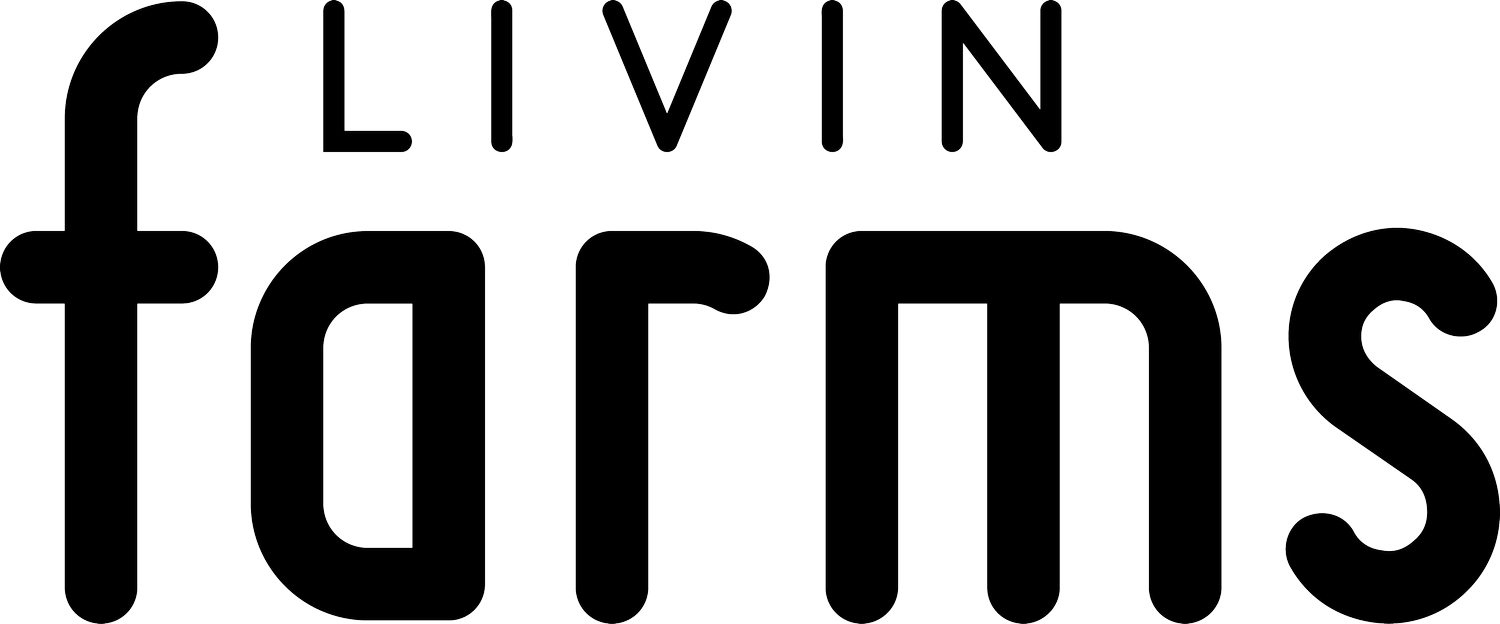Frequently Asked Questions about LIVIN farms
What is the Mission of LIVIN Farms?
Our mission is to empower the food, feed, and recycling industry to turn their industrial low-value organic waste into high-value insect protein products. We develop, build and commercialize disruptive technology to transform food waste into high-quality ingredients for feed, food, and fertilizer.
What are the problems that Livin Farms tackles?
Our solution empowers companies to use insect technology to turn their losses on food waste into profits while securing our future protein supply in an ecologically sustainable way. We are delivering a highly scalable insect farming solution.
What is the Hive PRO?
Highly scalable, plug & play insect farming technology consisting of an insect-rearing plant together with a “Farming as a Service” model including the periodic supply of baby larvae for rearing in the Hive PRO.
HP Protein Factories are set up directly on-site for our B2B customers.
They are flexible, easy to operate, and only require the basic infrastructure found in commercial buildings, such as water and energy access.
Our technology allows our customers to focus on the simplest insect production step: rearing. Since Livin Farms takes care of the reproduction (baby production) of insects, which are delivered to customers periodically, customers can start producing insect ingredients and therefore receive revenues on their waste materials right away.
What types of “organic waste” can be upcycled?
Our insects are ferocious eaters and thus can eat a large variety of feed substrates. However, when Hive PRO is deployed in the European Union, there are legal requirements on the type of feed input. Insects may only be fed with materials of vegetal origin. Some exceptions are however admitted for materials of animal origin such as milk, eggs, and their products, honey, rendered fat or blood products from non-ruminant animals. The feeding of farmed animals with other slaughterhouses or rendering derived products, manure, or catering waste is however prohibited. The same ban applies to the use of unsold products from supermarkets or food industries (e.g. unsold products in reason of manufacturing or packaging defects) if these contain meat or fish.
Generally, used feed substrates include by-products and surplus production from the bakery, potato, vegetable, and fruit processing industry as well as pre-consumer wastes from retail and grain by-products.
How can I get the Hive PRO technology for my company?
Please ask for a quotation here and we will get back to you as soon as possible!

